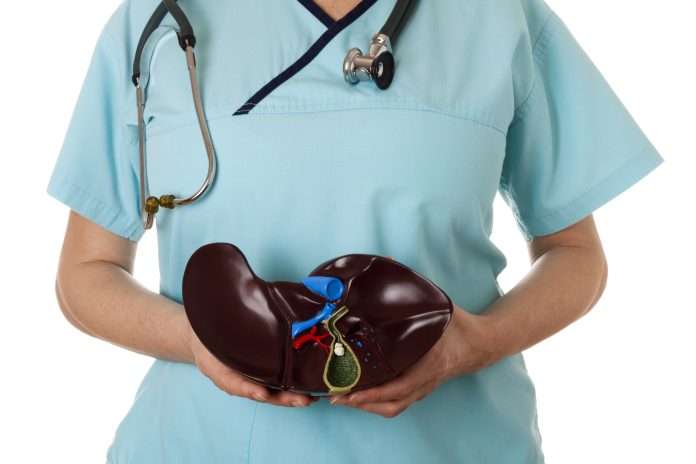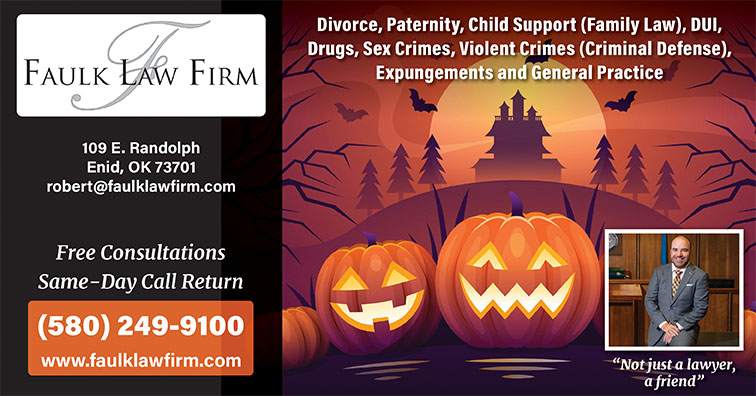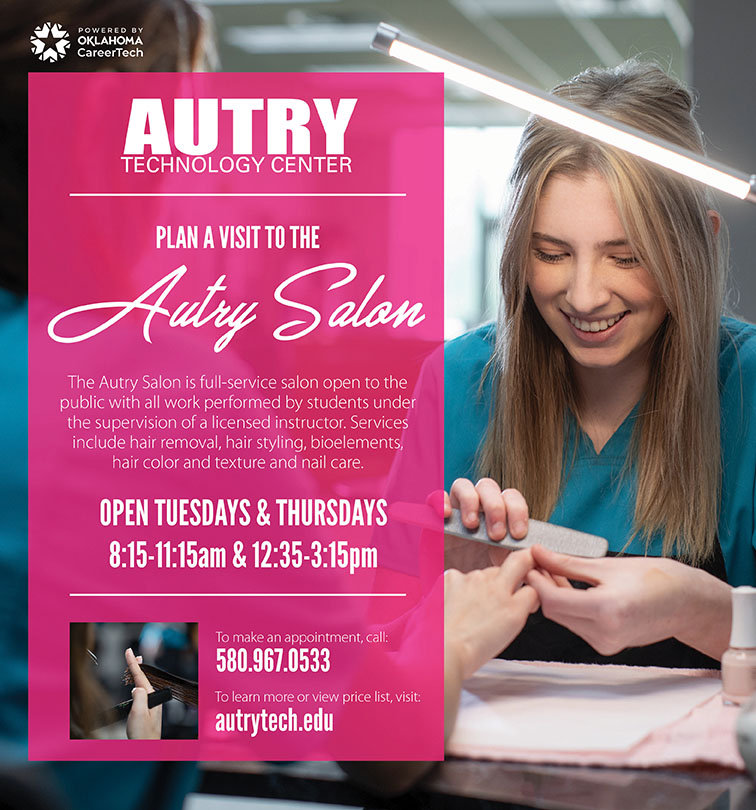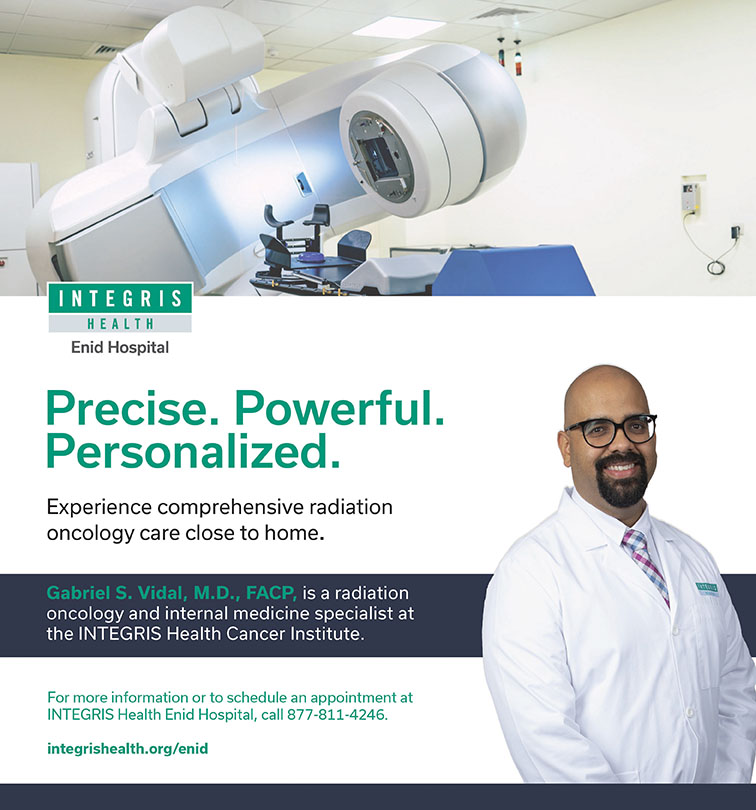You are experiencing upper abdominal pain. Is it just a stomachache or something more serious like a gallbladder attack?
To understand gallbladder issues, we spoke with Dr. David W. Shepherd, MD, General Surgeon with St. Mary’s Physician Associates.
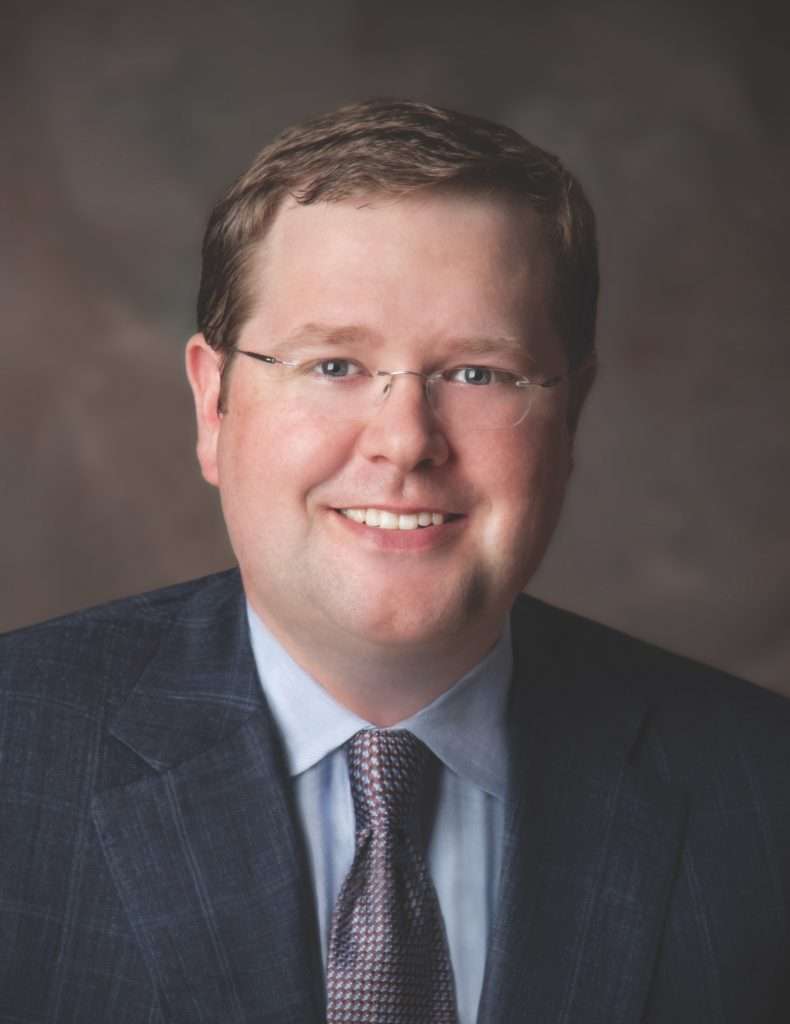
Q: What are the signs of possible gallbladder disease?
A: Gallbladder disease is one of the most common diseases seen by general surgeons. Most people associate gallbladder attacks with a sharp, right-sided abdominal pain. That is true, but typically severe attacks are preceded by many months or even years of more subtle symptoms. Most individuals incorrectly label their gallbladder attacks as “heartburn, reflux, indigestion or upset stomach.” Typically, mild gallbladder symptoms are associated with a sense of bloating, fullness or mild discomfort that starts 20-30 minutes after eating and lasts 30-60 minutes. This is usually felt in the upper abdomen or below the right ribs. Symptoms tend to occur after eating fatty or greasy foods, but can occur after any meal as the disease worsens over time.
Q: When should someone experiencing symptoms head to the emergency department versus trying to treat with over-the-counter (OTC) medications?
A: It is common for people to treat their symptoms with over-the-counter antacids, though these are generally ineffective. Mild attacks usually resolve on their own within 30-60 minutes. One should report to an emergency department when pain is severe, prolonged or associated with nausea and vomiting.

Q: How is gallbladder disease usually treated?
A: There is only one successful treatment for gallbladder symptoms and disease: the gallbladder is removed surgically. In most cases this is done laparoscopically, using very small incisions. Laparoscopy has revolutionized gallbladder surgery. Most patients go home the same day and recover in one week.
Q: Can gallbladder disease be treated without surgery?
A: Regrettably, there are no successful treatments for gallbladder disease other than surgical removal. Many treatment options other than surgery have been tried, but none have proven as effective as removing the gallbladder. People often decrease the fat in their diet in an attempt to avoid or delay surgery. This can result in improvement, but it’s usually only temporary and the symptoms eventually return, prompting the need for surgical removal.
Q: What can individuals do to prevent having gallbladder issues, such as diet and exercise?
A: There is no easy recommendation to completely avoid gallbladder disease. Women are three times more likely than men to experience gallbladder symptoms. Risk factors for gallbladder disease include obesity, pregnancy, increasing age and participation in weight-loss programs. A healthy diet and lifestyle are a good idea, but they have not been shown to eliminate gallbladder risk.

Q: Are gallbladder problems hereditary?
A: Gallbladder symptoms often run in families. There may be some element of hereditary disease, but they also may share a similar diet and lifestyle.
Q: Where does Dr. Shepherd perform gallbladder surgery?
A: Dr. Shepherd performs gallbladder surgery at St. Mary’s Regional Medical Center. In most cases, the removal uses a robotic, laparoscopic approach. This advanced surgical technology helps to minimize risk to the patient.
For a referral to a St. Mary’s Physician Associates general surgeon, call (580) 249-3898 or go online to stmarysphysicianassociates.com.
Individual results may vary. There are risks associated with any surgical procedure. Talk with your doctor about these risks to find out if minimally invasive surgery is right for you.
Physicians are on the medical staff of St. Mary’s Regional Medical Center, but, with limited exceptions, are independent practitioners who are not employees or agents of St. Mary’s Regional Medical Center. The hospital shall not be liable for actions or treatments provided by physicians.
For language assistance, disability accommodations and the nondiscrimination notice, visit our website.








